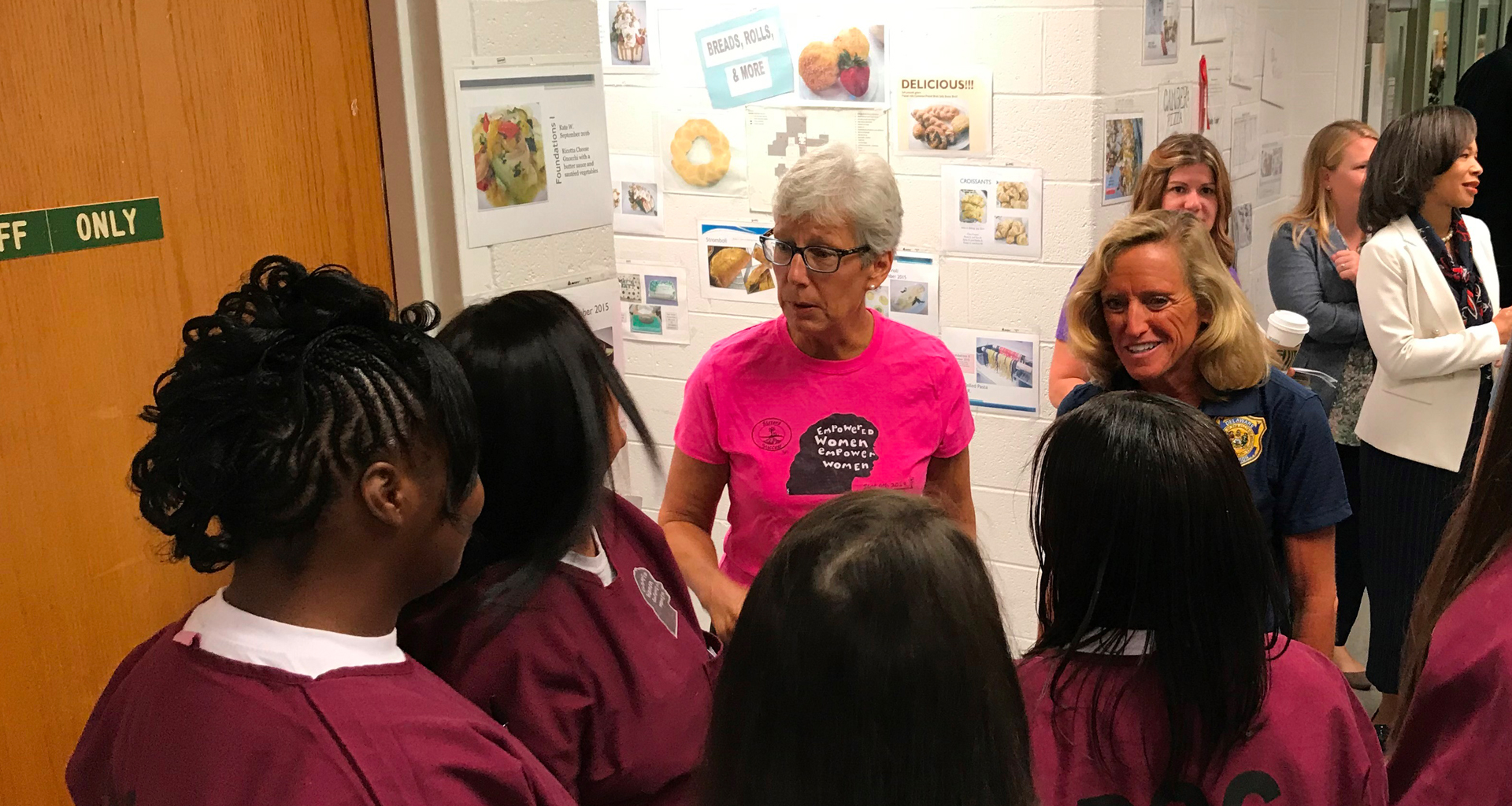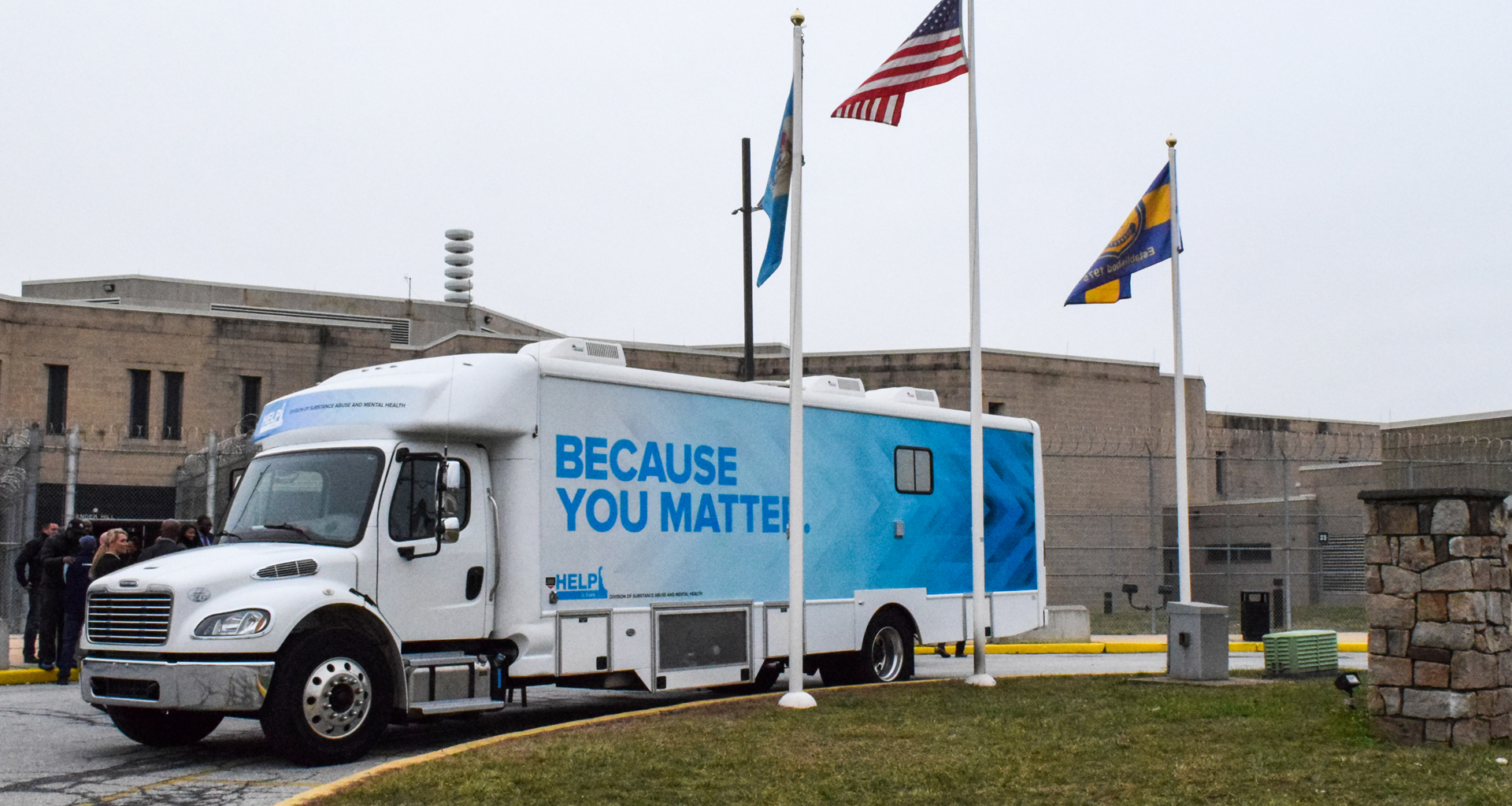


Evidence Based Practices
Scientific techniques used to reduce risk and recidivism. EBP’s within this context are defined as the conscientious use of the best evidence currently available, to inform decisions about the supervision of individual returning citizens, as well as the design and delivery of policies and practices, to achieve the maximum, measurable reduction in recidivism.
Evidence-based practices include:
- Assess actuarial risk/needs
- Enhance intrinsic motivation
- Target Interventions
- Risk Principle: Prioritize supervision/treatment for higher risk returning citizens
- Need Principle: Target interventions to criminogenic needs
- Responsivity Principle: Be responsive to temperament, learning style, motivation, culture, and gender
- Dosage: Structure 40-70% of high-risk returning citizens’ time for 3-9 months
- Treatment: Integrate treatment into sentence/sanction requirements
- Skill train with directed practice using cognitive behavioral treatment methods
- Increase positive reinforcement
- Engage ongoing support in natural communities
- Measure relevant processes/practices
- Provide measurement feedback
Evidence Based Practices are applied within a Risk Need Responsivity Context
Risk Need Responsivity
A correctional strategy utilizing evidence-based practices of risk, needs, and responsivity. RNR principles aid in informing which interventions will reduce the individual’s risk of recidivism, address primary criminogenic needs, critical unmet non-criminogenic needs, and tailored method and dosage of intervention.
Risk – Who to target (Moderate to High Risk Individuals)
Need – What to target (Criminogenic Needs)
- *Attitudes, Values, Beliefs
- *Peer Associations
- *Personality
- Education
- Family
- Substance use
- Leisure/recreation
* Targeting these criminogenic needs has proven the most effective way to elicit behavior change, thereby reducing recidivism
Evidence Based Practices applied within a Risk Need Responsivity context involves the use of Core Correctional Practices
Core Correctional Practices
An evidence-based approach that can improve the quality of the Corrections environment and enhance successful outcomes.
- Effective relationships skills
- Effective use of reinforcement
- Effective use of disapproval
- Effective use of authority
- Prosocial modeling
- Cognitive restructuring
- Social skills and problem solving skills training
How to Get Involved
Determine if you offer a Program, Activity, or other Supportive Service
If you are interested in offering evidenced based programming contact the Office of Planning, Research, and Reentry
Programs must:
- Utilize a formal curriculum, must be evidence-based
- Individuals must meet specific requirements to complete/graduate
- Completion/graduation of the program will aid daily function (i.e. financial management, life skills, education/job training)
- Failure to engage/complete will result in negative life consequences (i.e. inability to obtain/maintain a job, inability to stabilize mental health)
- Establish individualized goals (i.e. drug treatment, mental health treatment, behavioral intervention)
- Provider usually requires funding to deliver program
Program Contact Information:
| Thomas Aiello | Thomas.aiello@delaware.gov | 302-857-5417 |
| Jessica Cline | Jessica.cline@delaware.gov | 302-857-5362 |
If you offer an activity or other supportive service, contact the specific Institution directly:
Activities:
- May use curriculum or objectives, but activity is more for leisure purposes. Does not have to be evidence based.
- Target completion dates or objectives are not established, as the activity or service can be continued or discontinued at any time
- There are no negative life consequences for failure to engage or complete the activity/service
- Less structured; attending just once or twice can provide social/recreational benefits. Examples include book clubs and support groups
- Any individual can attend. There are no specific outcome goals besides social/recreational benefits
Institution Activity Contact Information:
| BWCI | Rachel Boulden | Rachel.Boulden@delaware.gov | 302-577-3004 |
| HRYCI | Jennifer Barnes | Jennifer.Barnes@delaware.gov | 302-429-7767 |
| JTVCC | Stacey Hollis | Stacey.Hollis@delaware.gov | 302-653-9261 |
| SCI | Bill Evans | WillieS.evans@delaware.gov | 302-856-5280 |
| HDP/PCCC | Shaquanna Maultsby | Shaquanna.maultsby@delaware.gov | 302-777-6800 HDP
302-761-2800 PCCC |
| MCCC | Marry Hart | Mary.hart@delaware.gov | 302-739-4758 MCCC |
| SCCC/SVOP | Heather Hamlett | Heather.hamlett@delaware.gov | 302-856-5790 |
For more information on evidenced based practices and programs visit:
- https://www.crimesolutions.gov/default.aspx
- https://ibr.tcu.edu/
- https://nicic.gov/
- https://cech.uc.edu/about/centers/ucci.html
For an up to date listing of State of Delaware bid solicitations visit http://bids.delaware.gov/
For additional DOC specific information visit https://doc.delaware.gov/views/buisness_with_doc.blade.shtml



